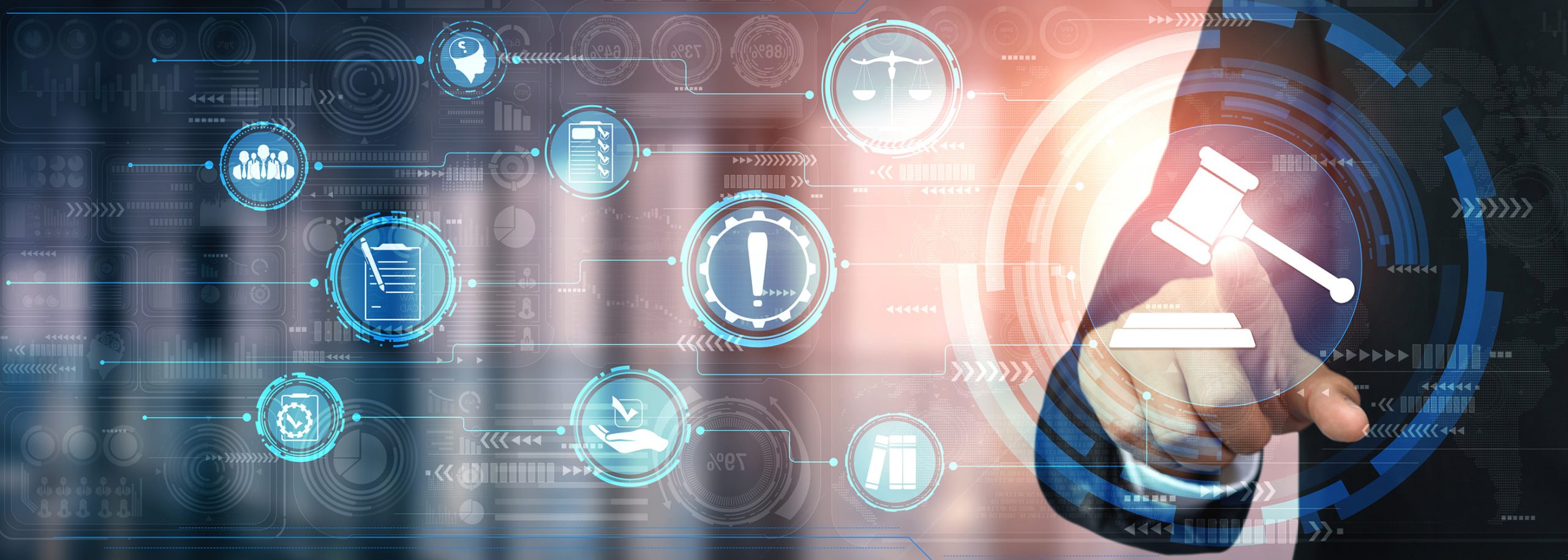In 2023,
generative AI emerged like a phoenix, heralding a new dawn after what felt like an endless winter in the field of artificial intelligence. This technological renaissance, particularly marked by the debut of truly capable generative AI, profoundly transformed industries far and wide. Among these, the legal field, long seen as on the fringe of technology, quickly moved from the sidelines to the center of this revolution.
The catalyst behind this major shift was twofold: the arrival of AI that not only promised but delivered on its capabilities, and the specific type of advancements that are well-suited to revolutionize the way lawyers and law firms operate. Here are five ways in which advances in AI are changing legal research specifically:
- Semantic Search vs. Keyword Search: Unlike keyword search, which mechanically identifies exact terms, semantic search interprets the intent and context of queries, delivering more nuanced and relevant results. This capability is crucial in legal research where the context and subtleties of language can dramatically alter the relevance of documents. Semantic search can unearth critical legal precedents and interpretations that keyword search might miss, thus facilitating in more effective, accurate and quicker research.
- Textual Summaries of Legal Documents: NLP-driven textual summaries condense lengthy legal documents into essential points, revolutionizing how legal professionals interact with vast amounts of information. This technology not only saves hours of manual review but also ensures that key arguments and legal principles are not overlooked.
- Case Prediction: AI’s ability to predict case outcomes by analyzing historical data and identifying patterns offers a significant advantage in legal research and strategy. This helps lawyers assess the viability of cases before proceeding to court, better strategize and prepare for potential outcomes. By providing a data-driven basis for case strategy, AI tools empower legal professionals with a clearer foresight of the judicial process, potentially shifting the focus towards more winnable cases.
- AI-Assisted Legal Drafting: AI-Assisted Legal Drafting involves NLP technology that not only suggests legally compliant language but also retrieves relevant legal arguments and texts when connected to a database. This feature ensures documents are precise and meet legal standards. By automating part of the drafting process, lawyers can focus on the strategic aspects of legal writing, leading to more effective and persuasive legal documents.
- Document Review: AI is also revolutionizing the document review process, by swiftly pinpointing relevant information and highlighting potential issues, thereby transforming the traditionally laborious task of legal research. With its ability to sift through vast volumes of documents rapidly, AI acts as a powerful accelerator, dramatically enhancing efficiency. Legal professionals can thus focus on analyzing the most critical sections, bypassing the tedious task of filtering out irrelevant content
At
CyberLaw we have been committed to deploying technology to serve legal practitioners as well as enhance rule of law and access to law and Justice, especially via our state of the art legal research platform Qistas and upcoming practice management solutions. With the advent of generative AI, we have quickly moved to leverage our deep understanding of legal research needs and challenges, and apply available technologies to use cases that radically enhance the quality and ease of legal research while setting the foundation for future advances in legal knowledge production. To learn more about how CyberLaw is changing the landscape of legal research in the Arab world, visit our proprietary legal research solutions platform,
Qistas.ai
